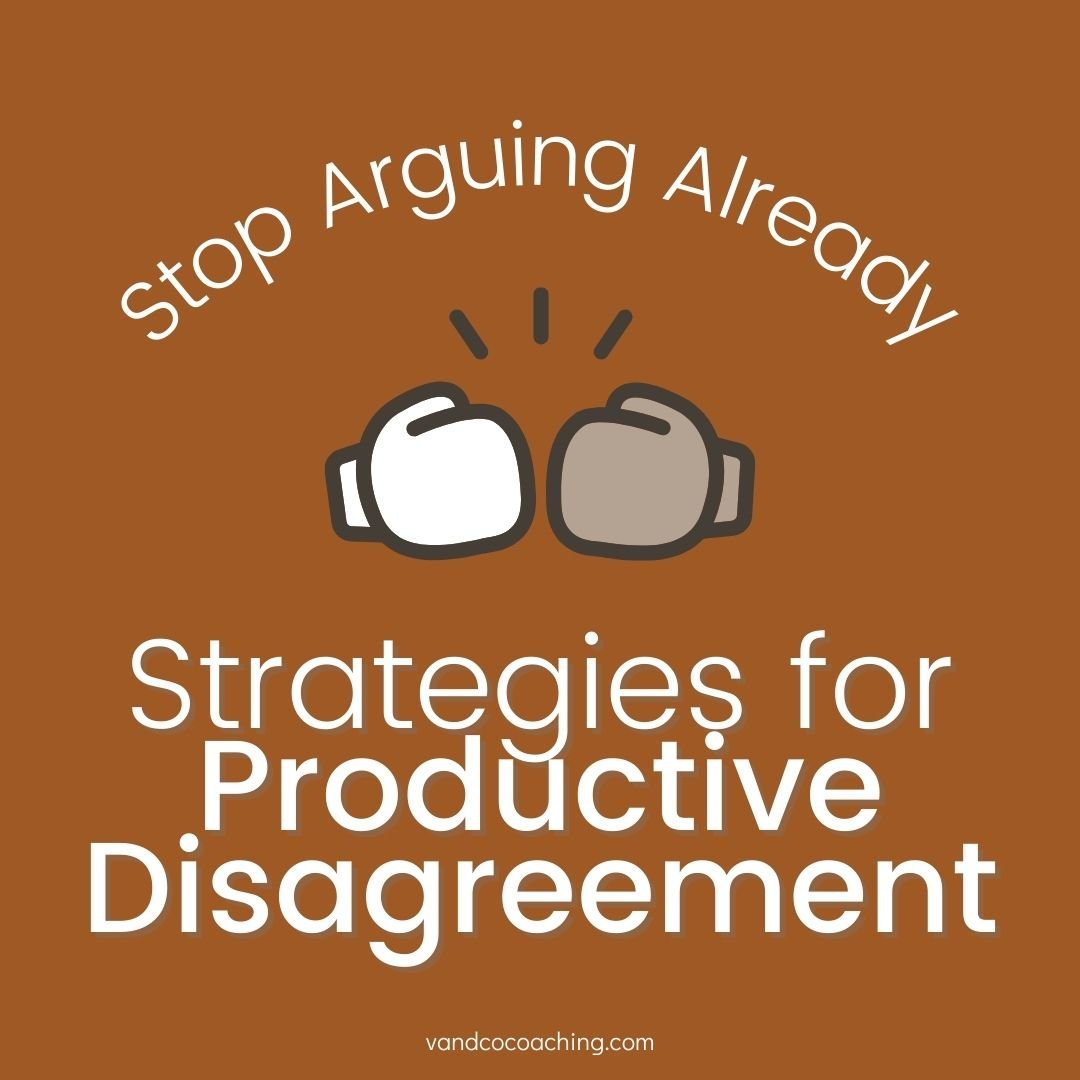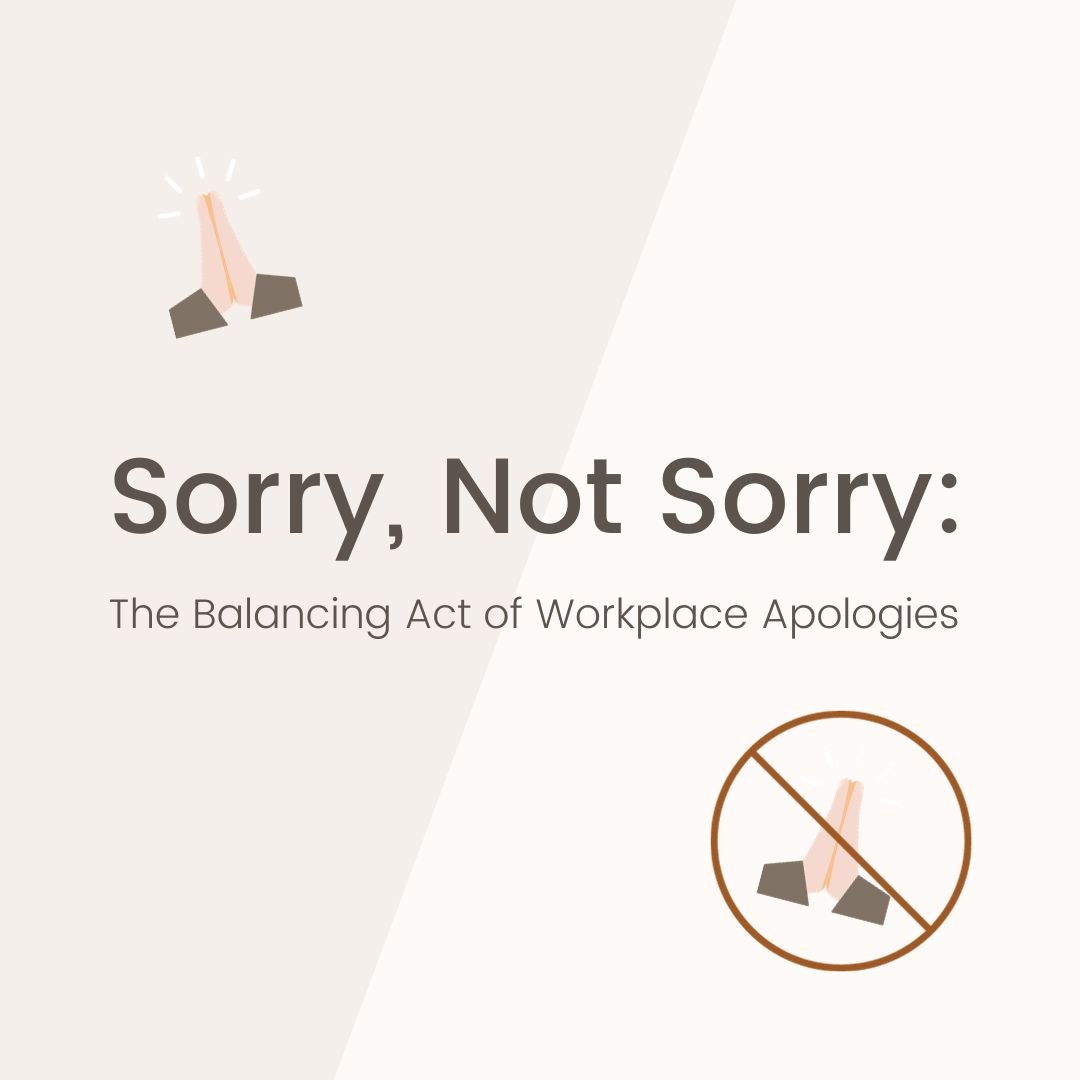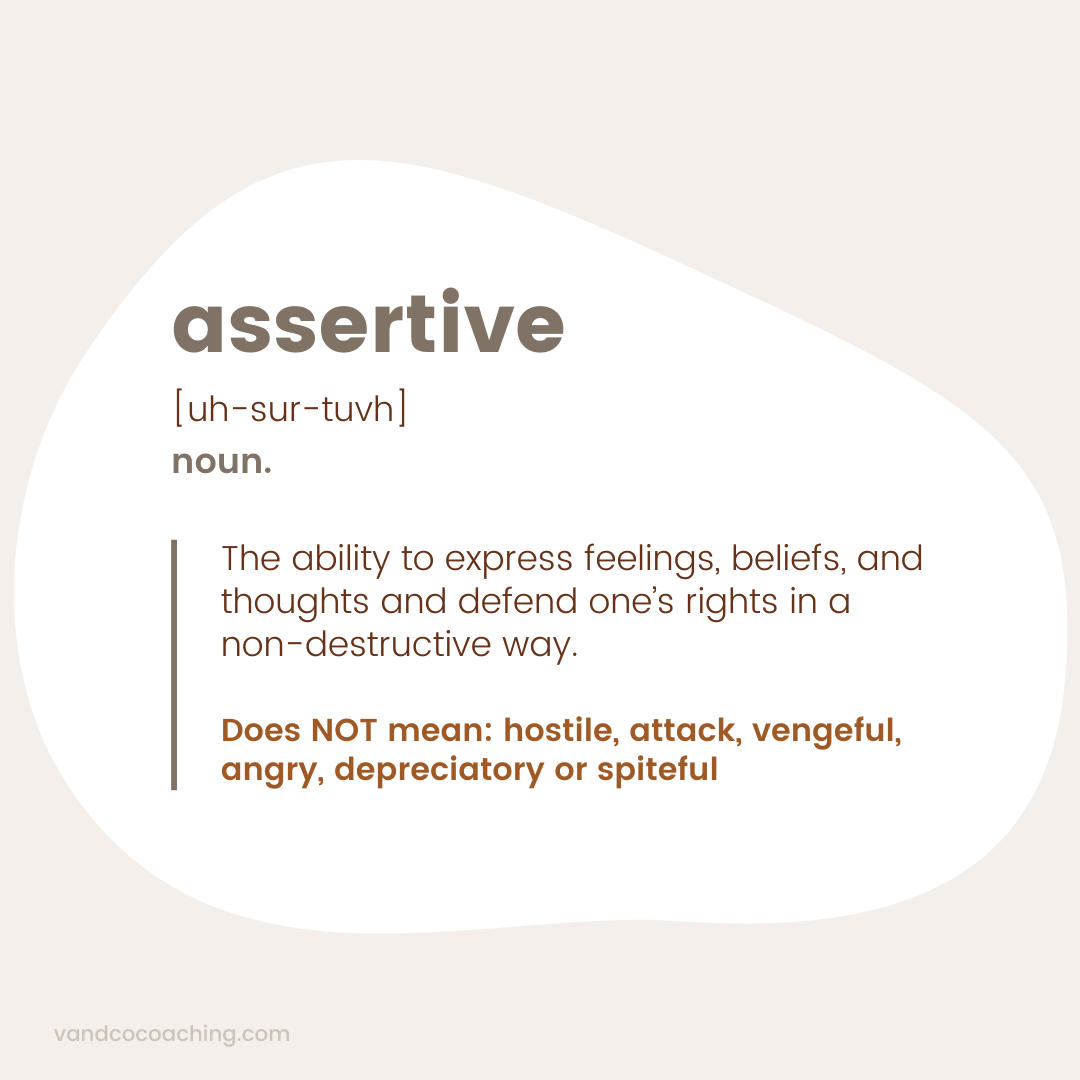5 Tips For Giving Advice That Actually Makes an Impact
Using Coaching Strategies to Improve the Lives of Others
Problem-solving and expertise-sharing can be great ways to help others, but sometimes they fall short.
Take my friend Andrea. As a mom to lively 5-year-old Dylan, it would have been easy to jump into problem-solving mode or “I’m the mom and I know better” mode when Dylan refused to eat the chicken portion of her dinner.
But instead, Andrea used coaching strategies to help Dylan brainstorm her own solutions. For instance, Dylan came up with the idea of topping the chicken with whipped cream. Creative!
In the end, Dylan settled on taking a bite of chicken with a bite of veggies (which she does like.) According to Dylan this helped the chicken taste better.
Sometimes, it’s best to implement coaching strategies rather than just giving an answer. If you want to really make an impact and improve someone’s life by teaching them to fish, you might consider incorporating a coaching style into your advice-giving.
When to give the answer vs. when to “coach”
Andrea explains that if there is only one right answer, “Mom, what’s the capital of North Dakota?” then it’s probably best and more expedient to simply advise and provide the answer. Time-sensitive or high-risk situations might also benefit from a more direct “telling” approach.
Whether you’re a manager, a mom, or just like to support others, these five tips will help you help others more effectively.
___
Tip 1- Leave yourself out of it.
It’s flattering to be asked for advice. If you really want to help the other person, make it about them, not you.
Here are some self-reflection questions to help you consider if giving advice is more about you:
Do I feel good or flattered from being the expert in this situation?
Do I feel like I’m the only one who knows, that I know best, or that someone else wouldn’t understand?
Am I afraid to let someone down who might want an easy answer?
Is it easier for me to just tell someone what to do rather than go through the steps of having them figure it out themselves?
Tip 2 – Ask the Right Questions.
By not making assumptions, you’ll be better equipped to be a real help.
Consider:
Their intention. What do they want from me? Does this person want my specific expertise? Do they need support figuring out what they want to do? Or do they simply want to vent?
The context. What’s important to this person about this topic? (e.g., mom wants me to eat chicken; I don’t like it.)
The blocker. What’s challenging the person from coming up with the solution on their own? Why is this person having this problem? (e.g., I don’t like the taste of chicken.)
The aspiration. What would the answer do for them? (e.g., help me eat the chicken.)
Tip 3 - Listen Actively.
You have a 2x ear-to-mouth ratio for a reason.
Listen to understand. Don’t just listen to respond, see if you can listen for the answers to the questions above.
Harness silence. During a coaching session, I often hear clients say, “now that I’ve had a chance to talk this out, I know what I need to do.” Giving others the space to talk things out is an underutilized superpower. Use it
Tip 4 - Share empathy and validation.
Use these supportive communication techniques to foster your relationship, demonstrate understanding, and grow trust and safety.
Guess emotion. “That sounds frustrating…” “So you’re feeling hurt because…”
Validate. Acknowledge that what they’re saying makes sense, adds up, and how universal their feelings are. “It’s understandable that…” “Anyone in your shoes would…”
Mirror back. Demonstrate your deep listening and understanding by sharing back the essence of what you’ve heard. “You’ve go too much on your plate and you’re worried that something’s gonna slip.”
Tip 5 – Take a neutral stance.
Honor the wholeness of others by allowing them to come to their own decision. Even if it’s not our intention to influence, our social weight can tip the scales - especially if we are in a position of power (manager, influential in friend circle, etc.)
Keep yourself out of it. Similar to tip one, keep what you might do in this situation out of your response. It’s not relevant.
Be objective. Lay out ideas in a just-the-facts sort of way. Stick with what’s observable and measurable such as, “He said in the email he’s looking for xyz” rather than assigning adjectives or judgments like “He’s disrespectful.” or “He expects too much.”
Don’t object. If your helpee comes to a decision, honor it even if it’s not what you would do.
Get back to your "why."
If you want to help someone help themselves, it might require doing something new or different. Stay focused on the other person with curiosity, active listening, empathy, and non-judgment and you can't go wrong.















